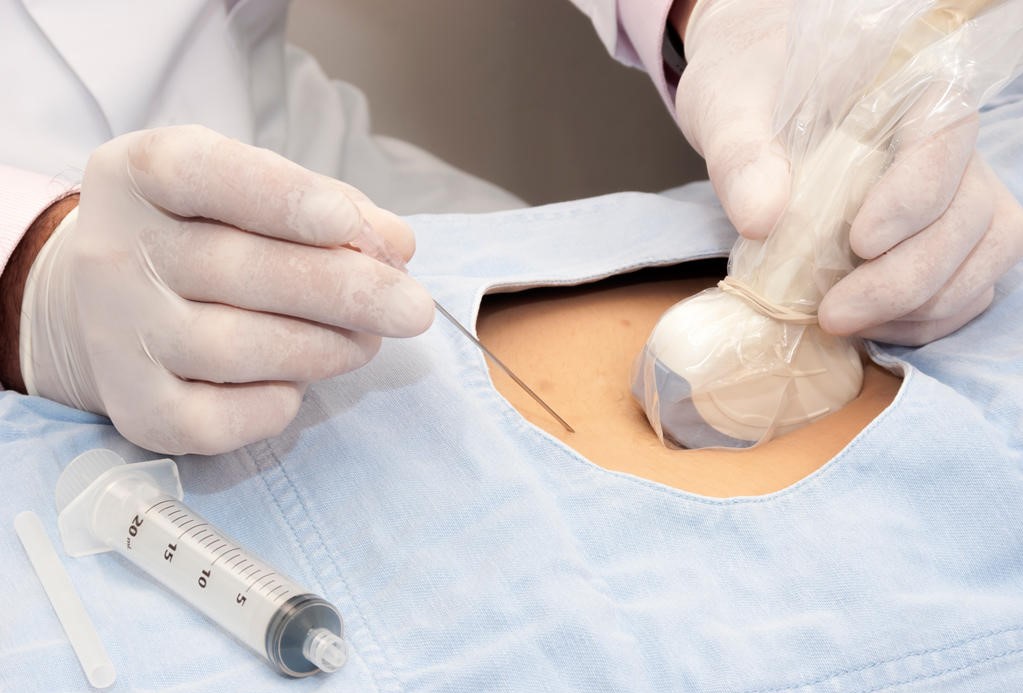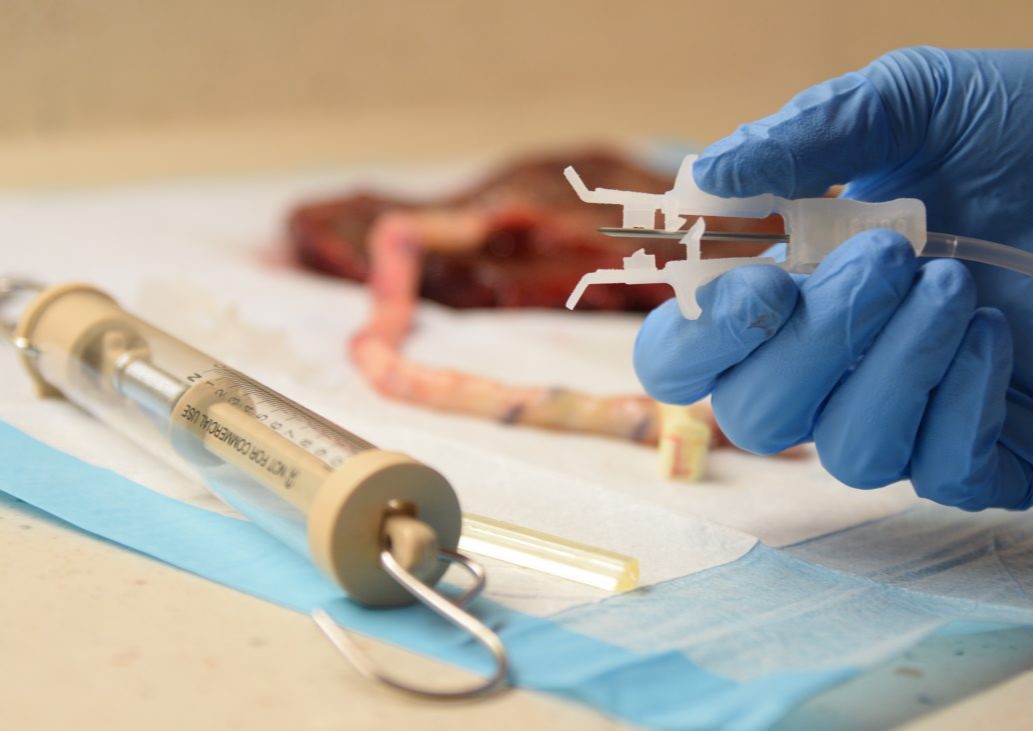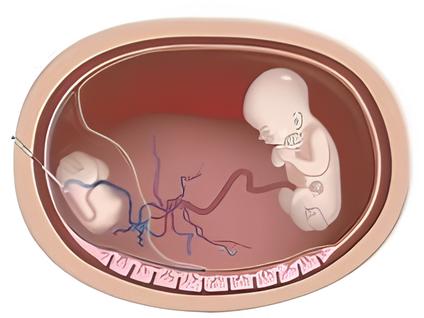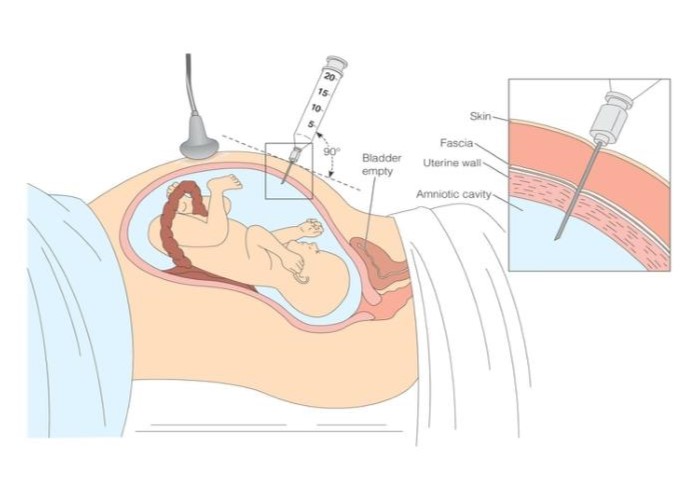




We offer a comprehensive range of fetal ultrasounds.

Chorionic Villus Sampling (CVS) is a prenatal test conducted between the 10th and 13th weeks of pregnancy. It involves taking a small sample of cells from the placenta to test for chromosomal abnormalities and genetic disorders. CVS provides early diagnosis, allowing parents to make informed decisions about their pregnancy.


Cord Blood Sampling, also known as percutaneous umbilical blood sampling (PUBS) , is a diagnostic test that involves taking a blood sample from the umbilical cord. This procedure is used to diagnose genetic conditions , blood disorders, and infections in the fetus, and is usually performed after 18 weeks of pregnancy.


Multifetal Reduction is a procedure used in cases of multiple pregnancies to reduce the number of fetuses. This can help lower the risk of complications associated with high-order multiple pregnancies, such as preterm birth and developmental issues. It is performed to improve the chances of a healthier outcome for the remaining fetuses.


Amniocentesis is a prenatal diagnostic procedure typically performed between the 15th and 20th weeks of pregnancy. It involves extracting a small amount of amniotic fluid surrounding the fetus to test for genetic conditions, neural tube defects, and infections. This procedure helps in assessing the fetus's health and development accurately.

Prenatal diagnostic procedures are essential for assessing the health and development of a fetus during pregnancy. These procedures help in identifying any genetic, chromosomal, or structural abnormalities early on, allowing for timely intervention and informed decision-making.
Benefits of Prenatal Diagnostic Procedures
Prenatal diagnostic procedures offer several significant benefits for expecting parents and healthcare providers. These procedures help ensure a healthy pregnancy by providing critical information about the fetus's health and development. Here are some of the key benefits.